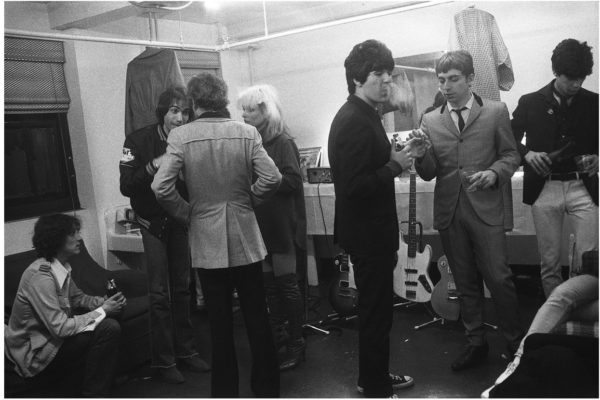People coming together to invest in property is nothing new.
Join forces, share the risk, share the returns. That is how it has always worked.
But now a new real estate investment model has emerged, prompted by changes in legislation which mean that, for the first time, funds could be raised online from sophisticated investors and retail clients alike.
Crowdfunding – financing a venture by raising investment from a large number of people via the internet – has already been used to help launch an array of innovative products and services.
Sites like Indiegogo and RocketHub have caught the imagination of millions of web users and given creative ventures a global platform to appeal for investment.
Last month, rocker Neil Young raised nearly $5 million in two weeks to launch his ultra-high quality music player, the Pono.
The same week that the Pono appeal went live, Kickstarter, the world’s biggest crowdfunding site, announced it had successfully raised $1 billion for more than 28,000 projects since it launched in 2008.
More than half of that amount was pledged in just the last 12 months and the second highest amount of pledges came from the UK, with British backers stumping up a combined $54.4m.
The Crowdfunding Centre, run by The Social Foundation, says that more than £1,700 an hour is currently being crowdfunded in the UK.
Many crowdfunded enterprises are technology-led, but a number of specialist property sites have sprung up across the Atlantic too, and the UK’s first regulated crowdfunding platform dedicated to property development, Property Moose (www.propertymoose.co.uk), launches on 7 April 2014.
The appeal is simple. So is the process.
Crowdfunding sites harness the combined power of a pool of like-minded individuals to build a diversified property portfolio.
A share in a property can be bought for as little as a five hundred pounds, with no need for a mortgage, valuation or solicitors fees, and you can invest up to ten per cent of your net assets. Property Moose take care of all the due diligence, completing valuations and surveys where necessary and each property is acquired with no mortgage to reduce risk.
Each property is acquired within the wrapper of its own UK limited company and, when you invest in a property, you receive a share in that company, so your money goes directly into the property you have specifically selected.
All the costs, rental income and sale proceeds are shared and distributed by the platform, which manages the whole process on your behalf while you monitor your investments through a secure online portal.
There is no chance of costs soaring due to abortive attempts at buying a property, and as you are investing in shares in a limited company you can liquidate your cash at any time by selling your stake to a willing buyer.
You also benefit from the expertise and knowledge of seasoned property professionals who pick the properties and offer them as fully-managed investments.
Members browse through an online marketplace of preselected potential investments, and even when they decide to invest in a property, their cash is only committed once the project is fully funded. This new way to invest comes at a time when returns generated by the UK property market are growing rapidly.
January saw the fastest annual increase in national house prices for three and a half years, according to the Office of National Statistics, which recorded 6.8 per cent growth in the previous year. The biggest increases, unsurprisingly, were recorded in London where prices are now almost 23 per cent above their pre-2008 peak.
Rents are similarly soaring, particularly in the capital, and ensure that annual rental returns far outweigh the interest on offer from banks. But with noisy accusations of a new property bubble already being made and memories of the housing crash a not so dim-and-distant memory, the prudent investor will recognise that a note of caution is still in order.
And that exposes another fundamental benefit of crowdfunding.
As with all investments, diversification is one of the golden rules to building a successful and sustainable portfolio. Not only does it help spread risk, it also helps to ensure healthy returns.
For new property investors, adding property to your portfolio by crowdfunding helps diversify your interests with one of the safest asset classes around. For existing property investors, crowdfunding makes it possible to invest smaller stakes across a wide range of properties, meaning it’s easy to build a diversified property portfolio.
Investing across a range of properties helps lock in returns, as well as allowing you to hedge risker projects against safer bets.
Experience tells us that, over the medium to long term, rent and property prices increase in line with inflation, so those with a diverse portfolio can maximise this inflation protection.
With the UK suffering a lack of housing stock that seems destined to keep pushing up prices and rents for the foreseeable future, it is hard to imagine the market losing momentum.
Those on the lookout for a rewarding, risk-free alternative investment model will find that – to misquote Margaret Thatcher – you can lead from the crowd.
www.propertymoose.co.uk


